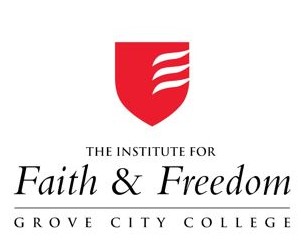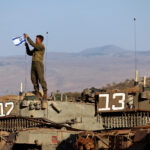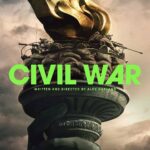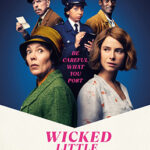GUEST BLOG BY RABBI HANOCH TELLER: An Echo to Pittsburgh

Every history-aware Jew hearing of the horrific massacre at Tree of Life Synagogue in Pittsburgh on October 27 made an instant mental connection to the Holocaust. Especially now, as Jews around the world plan the November 9-10th 80th anniversary commemoration of its terrifying prelude—Kristallnacht. While the differences in scope between the Pittsburgh tragedy and Kristallnacht are enormous (and significantly, that the police were heroes in Pittsburgh but perpetrators in Germany), both arouse a fear of anti-Semitism unfamiliar to most Americans.
On Kristallnacht, every synagogue in Germany, Austria and the occupied Sudetenland was invaded, defiled and set ablaze.
The devastation also included the murder of hundreds of Jewish people, brutalization of hundreds of thousands more, torching of Torah scrolls, shattering of windows of Jewish-owned stores (hence the obvious reason for the pogrom’s name), the sacking of businesses, cemeteries, schools, old-age homes, orphanages and the rampaging of Jewish homes.
Though “Kristallnacht” means simply “Crystal Night” in English, German historians eschew the name, which minimizes the terrorists’ pervasive butchery, resulting in yet an additional crime one historian labeled, “murder by euphemism.” It was the intent of those who orchestrated the crazed rioting to use the connotation “Kristallnacht” to ridicule the events.
Like so many other Nazi perversions of language (Sonderbehandlung “special treatment” referring to gassing victims; Euthanasie for mass murder of mentally challenged and physically handicapped individuals), “Crystal Night” was meant to be a cynical appellation that would free the victims of any sympathy and reinterpret murder, arson, robbery and plunder into a glistening event marked by sparkle and gleam.
Despite the illogical – yet knee-jerk correlation – there is another, less obvious reason, why the Pittsburgh massacre cannot (and should not) be compared to Kristallnacht.
The day after the shooting I ran the Marine Corps Marathon in Washington DC. Throughout the course of the race, other runners spotting my yarmulke, ran past (or kept pace) and offered their sympathy for “Your brothers and sisters in Pittsburgh.”
As a rule, runners in a race are not prone to engage in conversation; physiologically, it is even a challenge. And yet, and yet… what typifies and crowns America is the sympathy and concern that I witnessed by strangers, all fellow Americans.
Kristallnacht recalls an entire society complicit in the most horrific “ethnic cleansing” the world has ever known. Sympathy for the victims, aside from but a handful of examples, did not exist. And this might provide one more clue as to how a civilized society can retreat toward uncivilized behavior.
Could that decline echo all the way to Pittsburgh?
History is actually pretty clear, which sends an ominous message today, as Americans feel an increasing sense of division and enmity toward those with differing political views. Stress fissures are widening even between friends and coworkers, as name-calling and bigotry increases, and tolerance recedes. And not all of a sudden, a monster with an assault rifle and Glock pistols emerges.
A slaughter as horrific as what took place in Pittsburgh requires outspoken denunciation and behooves sympathy. This seems to have been across the board. But if not, as we reflect upon eighty years ago, the message is crystal clear.
Rabbi Hanoch Teller is a Holocaust educator, senior docent at Yad Vashem, the Holocaust Memorial Center in Jerusalem. His latest book, Heroic Children, is the chronicle of nine children who survived the Holocaust.
Sources
Third ¶ “the murder of hundreds” Anthony Read and David Fischer Kristallnacht The Nazi Night of Terror 1989 (Random House), 69.
Fourth ¶ “German historians eschew” Alan E. Steinweis, Kristallnacht 1938 (Harvard University Press 2009), 2.
Fourth ¶ “one historian labeled” Blech, Benjamin. “Kristallnacht: Murder by Euphemism” Aish.com http://www.aish./ho/i/Kristallnacht-Murder-by-Euphemism.htl
Ninth ¶ “entire society complicit” Alan E. Steinweis, Kristallnacht 1938 (Harvard University Press 2009), 7-8.





















